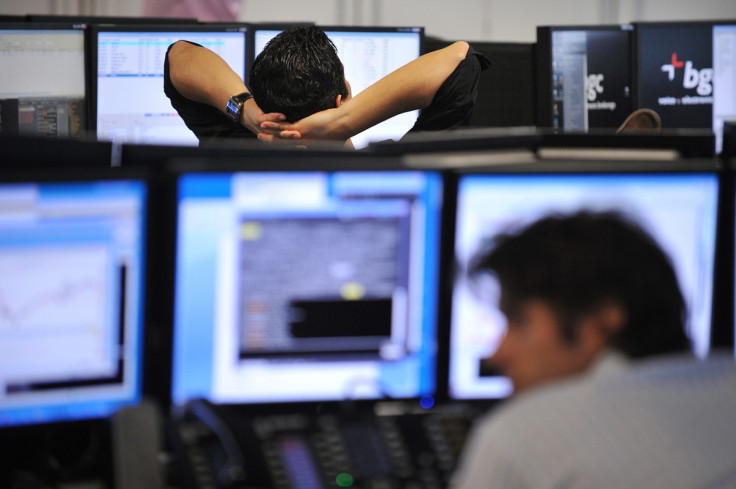Market round-up: European and UK stocks in the red as Asian markets slide again

After two days of gains, UK and European markets were firmly in the red on 14 January, taking their cue from their US and Asian counterparts, while oil prices recouped earlier losses and edged above the $30 (£20.9, €27.5) a barrel threshold.
Midway through the session, London's FTSE 100 index was 1.80% lower, while Germany's Dax was 2.50% lower and France's CAC 40 and the Pan European Stoxx 600 Index both fell 2.70%.
With the exception of the Shanghai Composite Index, which gained 1.97%, Asian equity markets closed in negative territory, with Hong Kong's Hang Seng and Japan's Nikkei 225 losing 0.59% and 2.68% respectively.
The worldwide decline was triggered by a disappointing session on Wall Street on 13 January, which saw the main US benchmarks register sharp drops as oil prices extended losses after US crude inventories data proved to be disappointing.
"Any hopes of a rally were short lived as the bear market gained momentum toward the end of the US trading day posting sharp losses on the Dow and S&P," said Mic Mills, head of client services at Capital Index. "Asian markets fell with the Nikkei down 2.7% on the back, with much worse than expected machinery orders down 14.4% as opposed to estimates of 7.9%."
Having tumbled as low as $29.73, the lowest level since 2004, Brent crude then gained 1.37% to $30.73 a barrel as of 11.12am GMT, while West Texas Intermediate gained 0.97% to trade at $30.78 a barrel.
"The main question remains as to how much further crude oil prices can fall with the prospect of a move towards the 2004 lows at $28 the potential next target," said CMC Markets' analyst Michael Hewson.
Good news for Germany, Tesco and Sainsbury's
Meanwhile, data released by Germany's statistical office, Destatis, showed the eurozone's largest economy grew 1.7% in 2015, in line with analysts' expectations and marginally above the 1.6% gain recorded in the previous 12 months.
On the corporate front, supermarkets were on the front foot in London, with Tesco and Sainsbury's leading the risers on the FTSE 100. The former delivered a positive surprise to its shareholders as Christmas sales rose 1.3% year-on-year compared with the expected 2.3% decline, while overall group sales climbed 2.1%; meanwhile, the latter rebounded from the previous session's decline.
"The relative resurgence in the top four supermarkets appears to be the story of the UK earnings season to date," said IG's market analyst Joshua Mahony. "While threats of further expansion for the German discount duo [Aldi and Lidl] cannot be ruled out, this at least provides some hope for long-term investors that the fightback has begun."
Elsewhere, French car-maker Renault saw its shares plunge over 20%, the biggest decline since August, after Agence France-Presse reported that French fraud investigators seized company computers as part of an alleged probe into emissions testing.
© Copyright IBTimes 2025. All rights reserved.



















